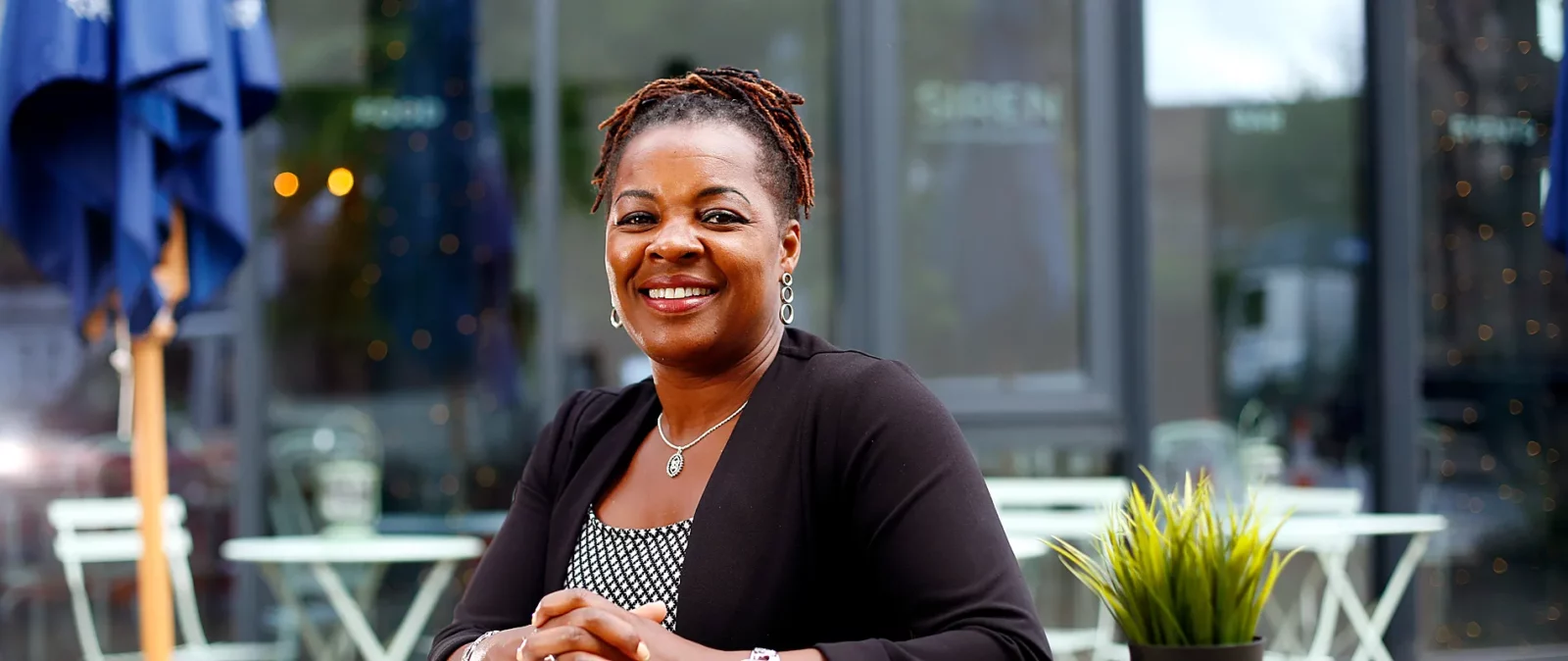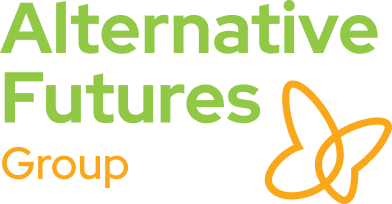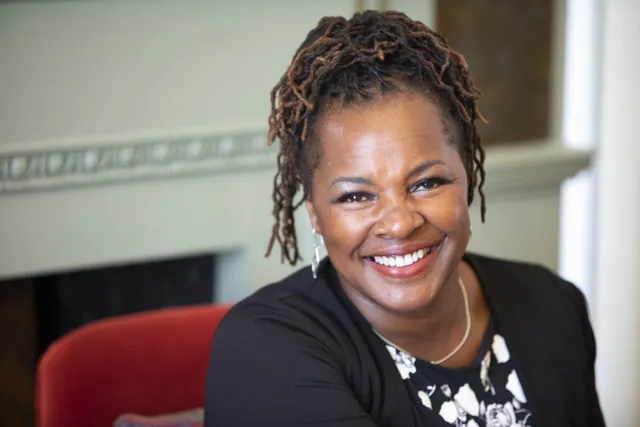Irene Afful is an award-winning businesswoman, consultant and coach, specialising in supporting organisations with their equality, diversity and inclusion strategies. During National Inclusion Week, we talked to her about the key things she has learned during her career and how she is supporting our charity.
Tell us about yourself and how you got into this field of work.
I started my journey of working within equality, diversity, and inclusion at Merseyside Police. I spent 25 years of my career there and was actually the first black female Detective Inspector in the history of the service.
I did not see many others that looked like myself during that time and I wanted to look at what we could do to make this public service more representative of the public.
This led to me becoming a consultant with the College of Policing, where I worked with 21 forces nationally, looking at recruitment, retention, and the progression of minority groups – particularly ethnic minorities because they were the least represented group. I then set up my own company to continue this work.
What steps will you take to support Alternative Futures Group with equality, diversity and inclusion?
I will start with a review of current staff data and policies to understand how diverse the organisation is and take a temperature check from staff to get an insight into how inclusive people feel the culture is.
Working with the organisation’s HR leads, I will ask for feedback through a survey and then invite different groups to take part in focus groups to gain a deeper understanding of the key themes that emerge.
I will then support the development of an equality and diversity strategy for the next three years (change doesn’t happen overnight!)
The most important part of this whole process is the creation of a measurable action plan. This must have buy-in from senior leaders, so I will make sure that each action has a senior leader ‘sponsor’ who will be responsible for ensuring the action gets done and is embedded across the organisation.

What kind of things normally come out of your focus groups with staff?
A lot of staff really value the visibility of leaders. I found that surprising initially – you might think that when staff see a boss walking around or checking in, they might feel they are being checked on or that they’re not trusted to do their work – but the opposite is true.
When leaders are visible, people feel that their work is valued and appreciated, and that people are interested in and invested in what they’re doing.
What are the key takeaways you think every organisation should know about equality, diversity and inclusion?
The first thing I’d say is – it’s not rocket science. This work can be done so simply, without having to throw massive resources into it. It’s all about listening to people and embedding the right processes.
I would say some of the key things to know are:
- The staff voice is key – you need to have mechanisms in place to listen to your staff and what is important to them.
- There must be senior leadership buy-in – the leaders are the one who make the decisions, so they’ve got to be behind this.
- Make it business as usual. EDI is not a tick box exercise. Some organisations bring in a consultant to support them and then think they have ‘done’ their EDI work. It is something that must be embedded – a golden thread running through all your processes.
Are there any simple things that can be done to make a difference?
There are absolutely some really simple things that can be done to make an organisation feel inclusive and people feel valued. As I’ve mentioned, staff feeling heard and senior leadership visibility are so important, so having a mechanism in place whereby people can raise concerns and feel listened to can make a huge impact.
This can be something relatively simple, like a ‘bright ideas’ area where people can submit their ideas to make things better. I’ve seen this work well where staff are given an incentive to put forward their ideas – because that reward and recognition element is also a key part of inclusion – and then any changes made from this are widely communicated.
Another thing I have seen work well is a regular ‘ask the chief exec’ feature, where people can ask any questions and see the answers in a timely and transparent way – this could be through a staff update meeting, blog, video.
It’s great to have an annual survey, which most organisations do, so that you can measure progress on key performance indicators – however it is also really beneficial to have a more regular way for people to give their feedback.
Finally – why is this work so important?
People who are on the receiving end of microaggressions are three times more likely to leave their employment, so you have a talent drain if you don’t address that.


